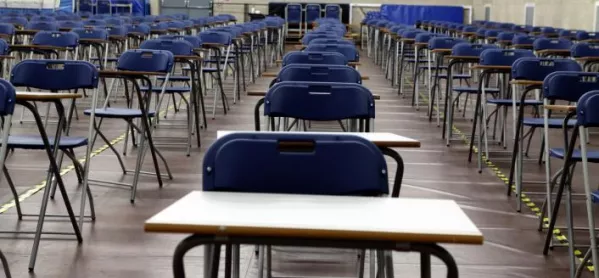The Department for Education has said it expects to miss a target for English Baccalaureate uptake that it had already watered down.
In its annual report and accounts, which have been published today, the department said the target for three-quarters of pupils to be studying for the subjects that make up the EBacc was not likely to be hit because of below-par GCSE language entries.
Quick read: EBacc GCSE entries up as other subjects decline
Opinion: ‘We must take this opportunity to consign EBacc to history’
Targets: Ofsted softens stance on schools’ EBacc progress
The EBacc is a set of academic subjects at GCSE, comprising English, mathematics, history or geography, the sciences and a language.
The DfE’s target is for 75 per cent of Year 10 pupils to be studying the EBacc by 2022, and for 90 per cent to be studying these subjects by 2025.
The department has originally wanted 90 per cent of pupils to be taking the subjects by 2020, but was forced to push back the target in July 2017.
However, in its annual report, the DfE says: “Our forecasts indicate that we are not on track to meet the EBacc ambition (based on current interventions we expect 53 per cent of pupils to be studying the EBacc by 2022).
“The main barrier to the EBacc ambition is languages take up (with over 80 per cent of pupils who take four out of the five subjects missing out on a language).
“The causes are complex but involve a perception that a modern foreign language (MFL) GCSE is harder than other GCSEs and issues with the quality of MFL teaching.”
The report goes on: “Ofsted’s new framework is likely to help push up language uptake to an extent, given its more explicit emphasis on the EBacc.
“Additionally, we have set up an MFL hub to help improve the quality of MFL teaching. This is currently in pilot, but we hope to expand the hub programme over time so that it has national reach.”
The report states that currently 38 per cent of pupils are taking the EBacc subjects.
A DfE survey published last week found that schools expect less than half of pupils to be entered into all EBacc subjects by 2020. The majority of schools questioned said they expected this figure to remain roughly the same by 2021.
The EBacc has been criticised for contributing to a big fall in the number of pupils taking GCSEs in arts subjects, which are not included in it.




